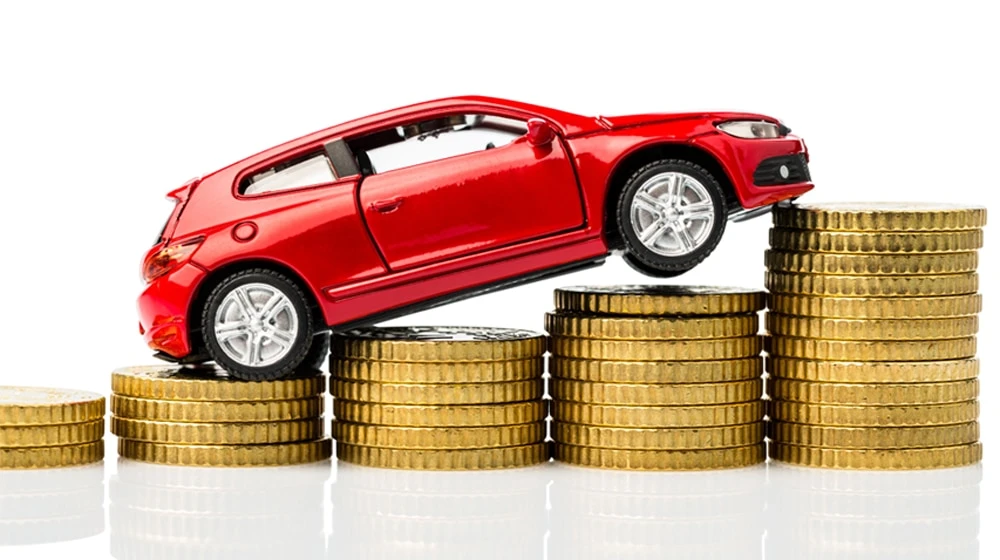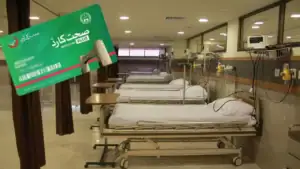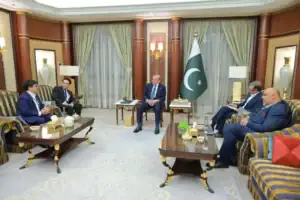Islamabad, 27 May 2025: Tax on Most Cars is expected to increase as the federal government prepares for sweeping changes in its upcoming 2025–26 budget, with a focus on enhancing revenue through steeper advance taxes on high-end vehicles.
Insiders familiar with the matter confirmed that the Federal Board of Revenue (FBR) has completed its recommendations and presented them to the International Monetary Fund (IMF) as part of broader fiscal reforms.
Higher Brackets for Premium Cars
The current withholding tax structure based on engine capacity imposes a 2% levy on vehicles between 1,300cc and 1,600cc, with rates progressively rising to 12% for cars exceeding 3,000cc.
However, Tax on Most Cars could soon increase as FBR plans to restructure and intensify this value-based taxation model.
READ MORE: Government Subsidies for Electric Cars in 2025
This model, introduced last year, replaced flat-rate taxes with assessments linked directly to the vehicle’s market price, and is now being extended to cover additional car segments once considered mid-range but now classified as premium.
The policy shift is expected to significantly boost collections in the next fiscal year. In 2024, over Rs. 4 billion was gathered in withholding tax from the automobile sector.
Officials believe that the revised tax brackets will lead to a notable rise in government revenue once implemented. Tax on Most Cars, especially larger-engine vehicles, will be central to this strategy.
Relief for Cleaner Technologies
In contrast to stricter taxation on petrol-based luxury cars, the government intends to continue offering tax relief for environmentally friendly vehicles.
READ MORE: Senate Committee Opposes Tax Hike on Electric and Hybrid Cars in 2024-25 Budget
Reduced sales tax rates on domestically manufactured hybrid electric vehicles (HEVs) will be extended until June 2026. The existing rates 8.5% for models up to 1,800cc and 12.75% for those between 1,801cc and 2,500cc will remain unchanged.
This balanced approach, combining tighter control over traditional luxury segments with incentives for greener alternatives, underscores the government’s dual aim: fiscal expansion and promotion of sustainable transport.









